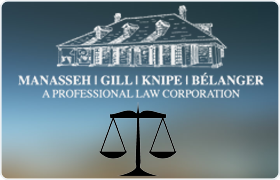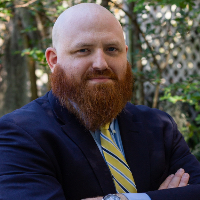 Baker Criminal Lawyers, Louisiana
Baker Criminal Lawyers, Louisiana
Sponsored Law Firm
-
 x
x

Click For More Info:
-
James Manasseh, Esq.
8075 Jefferson Highway Baton Rouge, LA » view mapCriminal, Personal Injury, Environmental, Family We Like Trying Cases!
For more than 20 years, the accomplished attorneys at our firm have provided sound legal representation to individuals facing serious criminal charges.
800-654-1690  James Manasseh Baton Rouge, LA
James Manasseh Baton Rouge, LAAttorney At Law - Louisiana, 1988
Paul M. Hebert Law Center, J.D. - 1988
 Frequently Asked Questions
Frequently Asked QuestionsMost F.A.Q.
 Contact UsEmail or Call 24/7
Contact UsEmail or Call 24/7Call today for your initial free consultation.
Sponsored Lawyers
1-10 of 25 matches
Criminal, Felony, Ethics, RICO Act, Divorce & Family Law
Jacob Longman is currently the Managing Partner of Longman Jakuback, APLC. A botique litigation firm, Longman Jakuback specializes in complex and criminal litigation at the trial and appellate level in both state and federal court. Jacob spent time in both law enforcement and the military before attending law school. Before graduating from the Paul M. Hebert Law Center, he was President of the Student Chapter of the Louisiana Association of Criminal Defense lawyers, worked as a student investigator for the East Baton Rouge Public Defender's Office and was a judicial intern at the 19th Judicial District Courthouse. He career has taken him across the state of Louisiana. Several of these have set legal precedents in the field of criminal law. These include State v. Crockett, State v. McQuarter, State v. DiGeralmo, and State v. Steele. He is currently the President-Elect of the Louisiana Associate of Criminal Defense Lawyers.
(more)




 James Manasseh Baton Rouge, LA
James Manasseh Baton Rouge, LA Frequently Asked Questions
Frequently Asked Questions Contact UsEmail or Call 24/7
Contact UsEmail or Call 24/7

